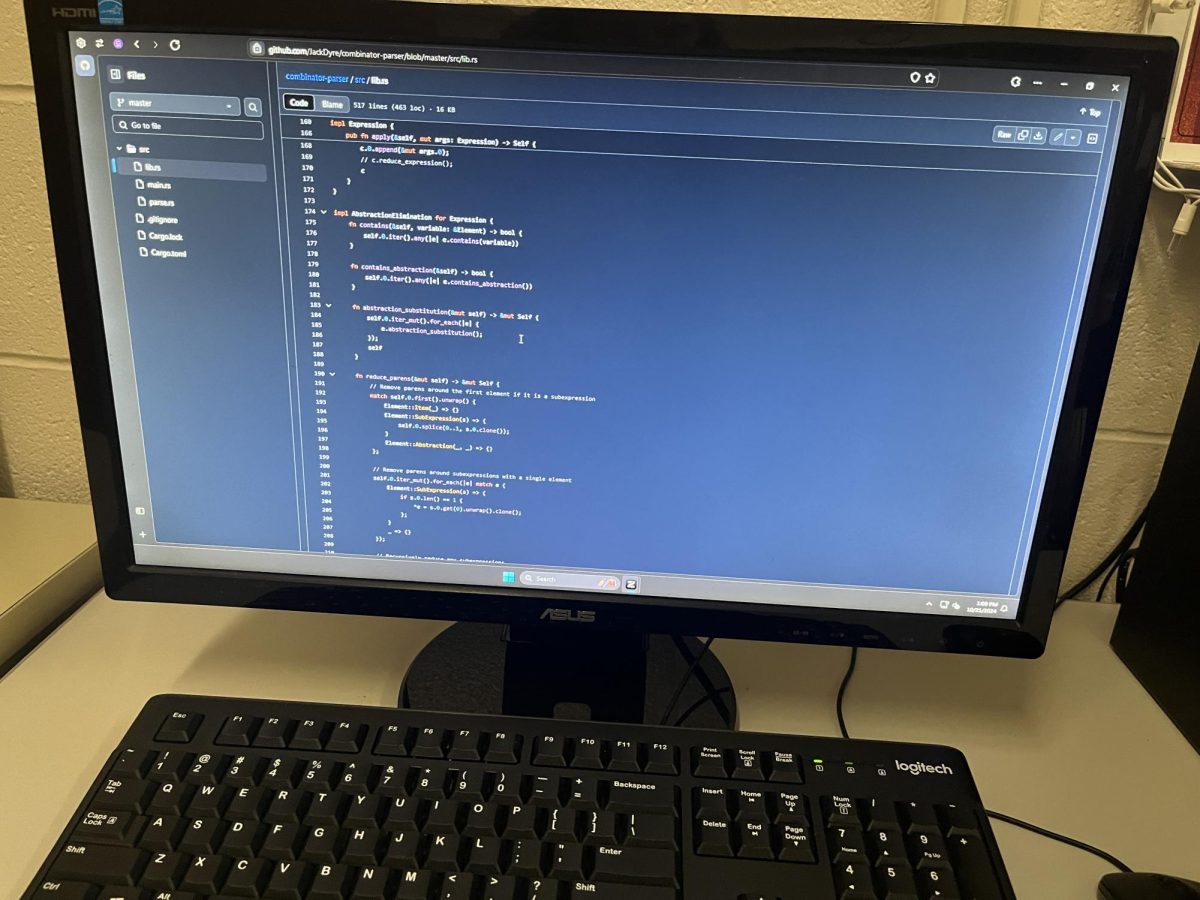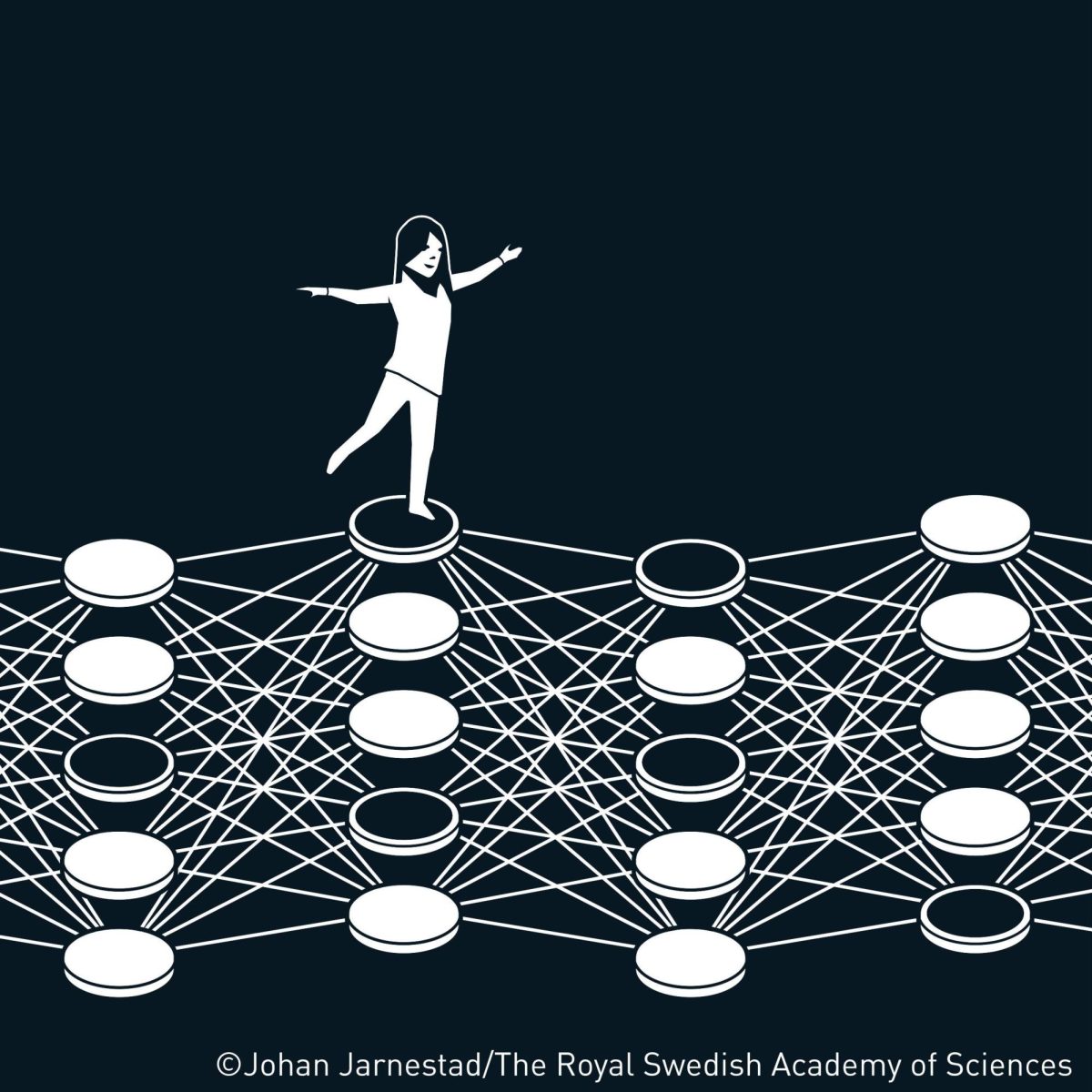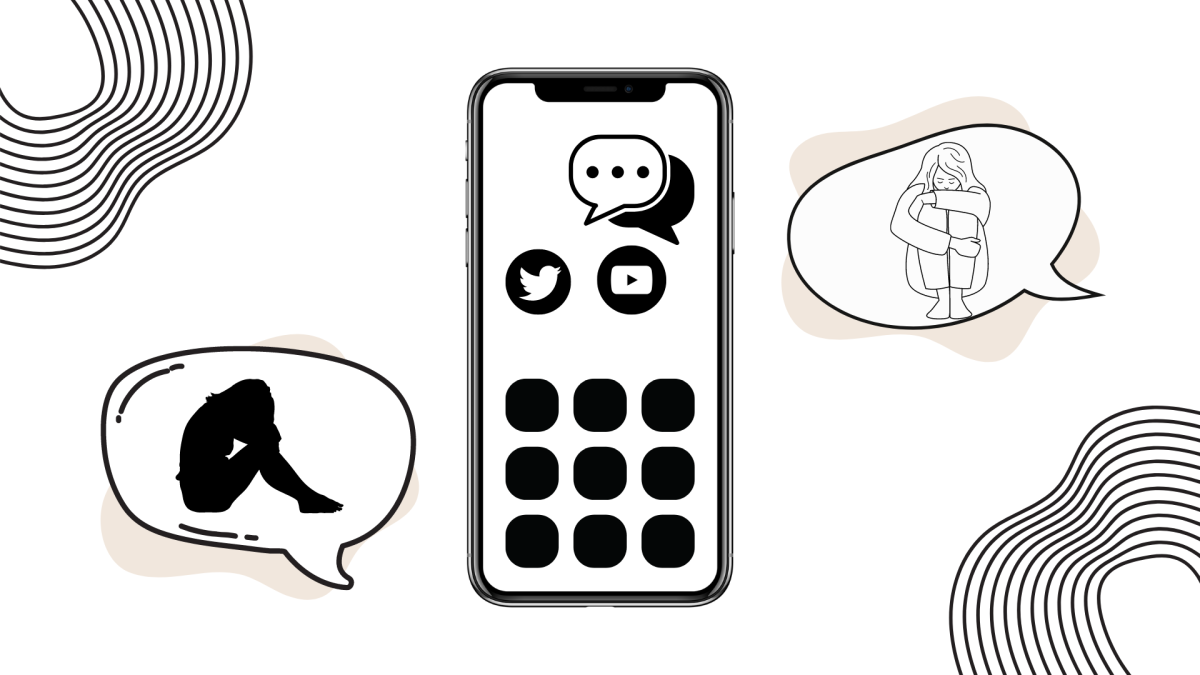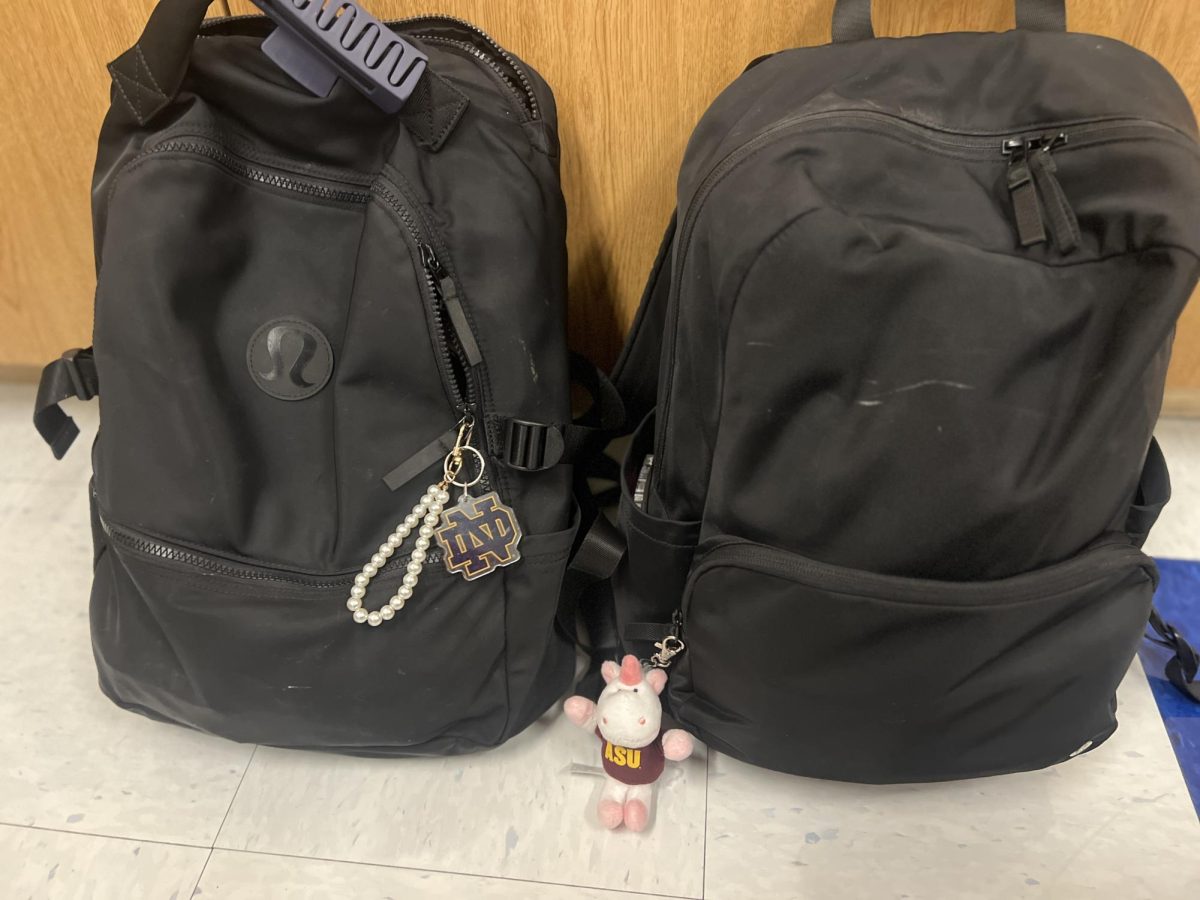On Aug 31, a traumatizing live stream surfaced on social media.
33 year old Ronald “Ronnie” McNutt began his usual FaceBook live stream at about 9 PM. Immediately, viewers started alerting family members and friends of McNutt, as he appeared inebriated and made threats of taking his own life–but it was too late. McNutt picked up a rifle which misfired, shooting him and blowing off his head as viewers watched.
McNutt was an Army Reserve veteran who lived in New Albany, Miss., where he worked at a Toyota plant and co-hosted a podcast titled “JustUs Geeks”. McNutt struggled with depression and post-traumatic stress disorder after serving in the Iraq War. According to his friend and podcast co-host, Joshua Steen, McNutt was not the same after he returned from war.
Steen holds FaceBook directly responsible for the live stream going viral, as it was not taken down for several hours. In this time, the stream had already circulated on numerous other social media platforms by Internet users downloading or copying it. It was reported to be on TikTok’s trending “For You” page.
The clip had been posted under fake titles such as “Look at the Pasta I Cooked Tonight”, or disguised as clips of animals. People have reported that their young children and teens–who had been tricked into watching the video–have been continuously distressed, some unable to sleep without waking up, yelling and crying in a state of trepidation.
“Mr. Steen has started a campaign called #ReformForRonnie, which calls on social media companies to respond swiftly and halt the spread of things such as horrific videos, threats, hate and disinformation,” Mirror News reported. Steen claims users posting suicide videos hidden in cute cat videos for children to view is unacceptable and deserving of legal consequence.
Social media platforms have since detected and removed the dreadful video clips for violating their policies against content that “displays, praises, glorifies, or promotes suicide,” But it is too little, too late, as the damage has already been done.
“I can’t even imagine those who watched it live. Especially those who knew him and loved him. For people like me, who’ve lost someone that way, had I watched his video, it would surely be a traumatic experience and trigger many horrible memories,” commented former PV parent, Christine Schmidt, who tragically lost her own daughter to suicide in 2014. I think watching anyone die, in any way, is profound and has a lasting effect”.
The shock and pain felt by the family and friends of McNutt and of the videos’ viewers is sure to have a lasting impact. Watching something as scarring as a suicide clip can rewire childrens’ brains and desensitize them to violence. The damaging effects of uncensored social media content is extensive. Schmidt says, “I wish for people of all ages to have the courage not to seek out these types of videos. To fall upon it accidentally is one thing but to hear about it and then intentionally witness the pain of another, has ramifications they just can’t understand. Some things just don’t leave your mind.”
McNutt’s tragic death has intensified many mental health issues and has exemplified the possible consequences of using social media. Police officer Clarendon Tate of Colorado claims that “Watching types of videos like these normalizes suicide, espeically among the youth. It tells kids it’s okay to do this. It even shows them how to do it. Social media is a big reason suicide rates are so high among teens.” Tate’s job holds him responsible of talking many people out of ending their lives when they are trying to attempt suicide.
Shortly before he began the live stream at his home in Mississippi, McNutt shared his last post on his Facebook page stating: “Someone in your life needs to hear that they matter. That they are loved. That they have a future. Be the one to tell them.” McNutt’s death proves the vitality of checking up on loved ones, and being cautious of the content on social media.















